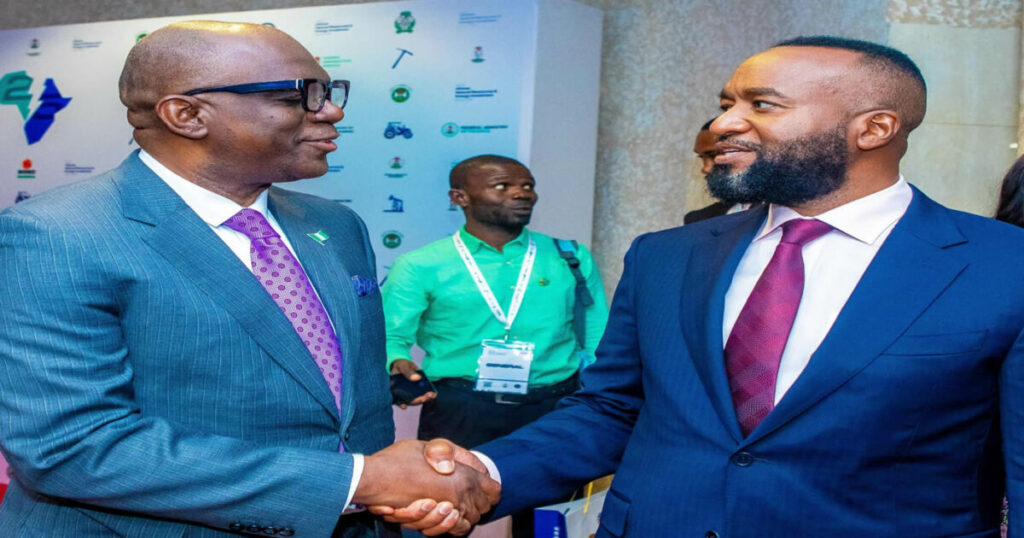The Regional Maritime Development Bank has called for an urgent need for the mobilisation of domestic capital to support the development of Africa’s critical sectors.
In a statement, the President and Chief Executive Officer of RMDB, Mr Adeniran Aderogba, stated this in Abuja at the African Natural Resources and Energy Investment Summit.
According to the statement, the summit gathered senior government officials, industry leaders, investors, and development partners from Africa and beyond to discuss leveraging local content development as a cornerstone of economic growth, with a focus on building inclusive, resilient, and future-facing resource governance frameworks.
The AFNIS 2025 summit provided a platform for stakeholders to examine the continent’s resource governance trajectory, identify missed opportunities, and co-develop actionable strategies to ensure sustainable use of Africa’s natural resources. The event also reinforced the need for African-led investment and policy solutions as central to building economic resilience and long-term prosperity.
Speaking at the summit themed ‘Harnessing local content for sustainable development’, Aderogba highlighted the strategic role of financial institutions like the RMDB in advancing sustainable development across the continent.
Aderogba underscored the critical importance of shifting the financing narrative from dependence on foreign capital to a more deliberate mobilisation of domestic financial resources.
“If we are serious about sustainable development, we must stop relying solely on external capital. Africa needs to harness its domestic financial instruments, institutions, and networks to fund infrastructure, energy, maritime logistics, and other critical enablers of industrialization,” Aderogba said.
He noted that local content development cannot be achieved in isolation from financial sustainability, adding that African capital markets and institutions must evolve to meet the scale and complexity of the continent’s development needs.
Aderogba explained that the RMDB was established with a mandate to close long-standing gaps in maritime and trade-related infrastructure financing and is now positioning itself as a partner for broader development finance initiatives.
The RMDB boss stressed the need for improved coordination between governments, financial institutions, and private investors to align policies and reduce duplication.
He called for prospective lenders to familiarise themselves deeply with the nuances of critical sectors requiring funding and identify project risks to find practical mitigants.
“The gaps in infrastructure and energy across the continent are not new, but what has often been lacking is consistency in implementation and alignment between national priorities and regional strategies. We must ensure that the institutions we build can deliver long-term capital at affordable rates and with appropriate risk management frameworks,” he stated.
Aderogba acknowledged the value of the dialogue in revisiting previous policy approaches to natural resource governance. He noted that lessons from past missteps, such as uncoordinated investment strategies and weak enforcement of local content policies, should inform the development of more adaptive and resilient frameworks moving forward.















